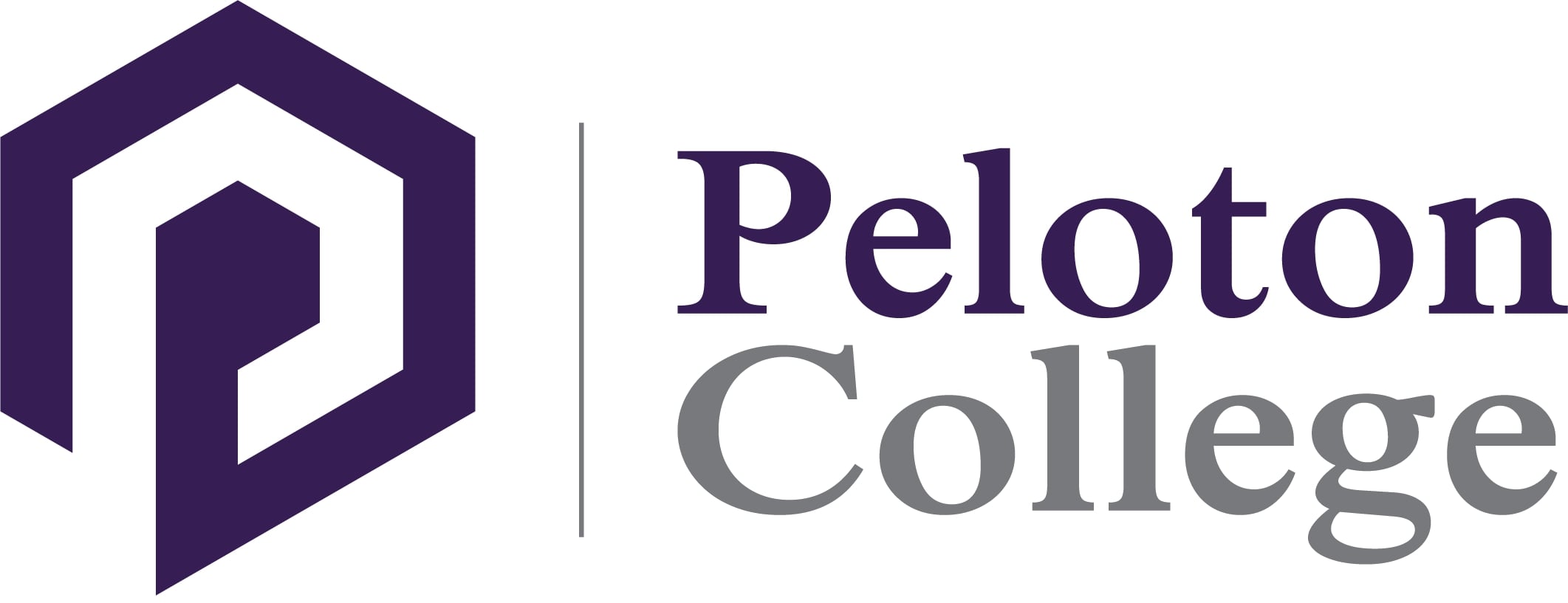How Do I Start a Career in Cybersecurity?

There is an increasing demand for cybersecurity specialists by the government, public organizations, and private businesses to protect their systems from cyber-attacks. Cybercrimes result in trillions of dollars in losses annually, and this trend is expected to continue. Due to the high demand, perks, and positive future outlook, a career in cybersecurity can be a great choice. An Associate of Applied Science in Cybersecurity will give you the knowledge and skills to obtain a wide variety of certifications to start your career. The combination of your degree and certifications will qualify you for entry-level positions such as Network Support Specialists and Information Security Analysts.
What Does a Cybersecurity Specialist Do?
Cybersecurity specialists are primarily responsible for managing and protecting an organization’s computer and network systems. One particular responsibility they have is creating disaster recovery plans for emergency situations. These recovery plans allow the IT department to operate during this emergency. A recovery plan involves preventative actions such as storing data in a remote offsite location. The plan also includes measures to restore normal IT operations following a disaster. Cybersecurity experts regularly test their recovery plans. They must stay informed on the latest threats and evolving methods that attackers use. Cybersecurity specialists should also be trained on the most current IT security techniques. Some typical responsibilities of a cybersecurity specialist include:
- Monitoring network and computer systems for breaches and investigating threats.
- Protecting sensitive information by using the appropriate software, firewalls, and data protection programs.
- Identifying and correcting system weaknesses.
- Researching the most current security trends.
- Generating reports that document breaches, attempted attacks, and general metrics.
- Creating standard guidelines and practices to help minimize threats.
- Recommending security improvements to the management team.
- Assisting users with the installation of security software and related questions.
How Do I Start a Career in Cybersecurity?
Once you have decided on cybersecurity as a career path, you may be wondering if a degree is required. While you can self-teach yourself to be a cybersecurity specialist, you may miss out on several key benefits of earning a degree. Self-study can result in knowledge gaps and many other inadequacies. You may lack interaction with instructor or peers to improve morale and learning. Self-study also requires extreme discipline. Without a formal education you will lack a certificate or proof of knowledge or skills. Plus, it is harder to get the required deep-level knowledge to solve difficult technical problems. However, there are many advantages of a formal education in cybersecurity.
What are the Advantages of Formal Education?
There are many advantages to a formal education. These advantages include:
- A degree makes finding a job easier.
- A degree is detailed and teaches you the core basics, leadership, and management.
- Your investment in a degree can pay for itself quickly.
- School interactions can improve exposure and networking.
- Most institutions offer flexible offline and online programs.
- Formal education has detailed guidance to ensure you get the training you need.
- A degree program has a curriculum designed for what you need to know.
One of the primary reasons there is a shortage of cybersecurity experts is the lack of truly qualified specialists who have the following essential traits and skills that formal education offers:
What are the Qualifications Needed to Succeed as a Cybersecurity Specialist?
There are many soft and hard skills that help you succeed as a cybersecurity specialist.
Soft Skills
- Training to effectively communicate with customers.
- The ability to clearly communicate complicated verbal and written concepts.
- Ability to comprehend and listen to instructions, especially with clients.
- Excellent troubleshooting and analytical skills.
- The ability to finish tasks in a timely manner.
- Showing innovative and collaborative skills.
- Disciplined and detail-oriented work habits
Hard Skills
- Proficiency in many programming languages such as Python, Java, C++, C, and Perl.
- Knowledge of how routers and switches work.
- Extensive programming and software development theory.
- Comprehend, manage, and administer operating systems, networks, and virtualization software.
What are the Benefits of a Formal Education in Cybersecurity?
A formal education in cybersecurity offers several benefits that you won’t get through self-study. Some of these benefits include a complete and well-designed curriculum, detailed course guidance, career services, small class sizes, communication with instructors and peers, and the use of enterprise software and hardware.
Benefit #1: Structure
A well-structured curriculum will give you the required skills to start working in cybersecurity. There are no gaps or guesswork in this learning process. The formal environment helps you stay on a consistent learning pace. You also have the option of traditional campus or online learning programs.
Benefit #2: Latest Technology
Most formal institutions have the latest technology and equipment to give you the best training possible. They foster curricular innovation, cultivate global perspectives, and support collaborative methods.
Benefit #3: Networking
Formal learning and a campus environment promote social connections and breaks isolation. Networking gives you growth opportunities and improves your career development. This is important for the pursuit of better work environments.
Benefit #4: Builds a Strong Foundation
A formal degree shows that you can do deep research, analyze data, and use it to develop a practical solution. A degree program teaches accurate processes, promotes discipline, instills a strong foundation, and illustrates techniques of concept creation and brainstorming methods. A formal education will also improve your technical skills and promote conceptualization.
Benefit #5: Save Time
Having an instructor guide your learning process saves you time because the curriculum is laid out for you. Instructors follow a curriculum that is proven to work, and the syllabus was designed with progressive learning in mind. The instructors availability to answer questions as you run into problems can only be found in a formal environment.
Benefit #6: Advantage Over Those Without Education or Certification Documentation
A degree is documented proof of your education and skills. This can give you a distinct advantage over someone who has plenty of experience, but no degree or certifications.
Benefit #7: Many Companies Still Hire Based on a Degree
Many companies still require that you have a degree to be considered for a position. They not only value the skills, education, and training that the degree represents, but also the well-rounded character of attending a formal institution. A degree also gives employers something they can measure.
Benefit #8: Small Class Sizes
One major benefit of learning in a formal institution is small class sizes. This is important for an Associate of Applied Science in Cybersecurity degree program. In a smaller classroom, every student gets attention. You will be encouraged to participate in discussions and express your opinions. You will also learn succinctly, which means the class will move through the material at a steady pace. A smaller class allows the instructor to spend more time teaching and observing the class.
Benefit #9: Career Services
The best part about getting a formal education is the career services that a vocational school offers. Once you complete your Cybersecurity Degree program, vocational schools prepare you for the job hunt with resume building and mock interviews. They also have ties in the community with well established employers looking for trained cybersecurity specialists.
Final Thoughts
Now that you know how to start a career in cybersecurity, it is time to learn more about Peloton College. Let us prepare you for a rewarding career as a cybersecurity specialist and a life-long journey in information technology.
Want to Learn More?
The Associate of Applied Science in Cybersecurity training program prepares and supports you in obtaining several certifications in support of their cybersecurity career including CompTIA’s A+, Network+, Security+, Linux+, Pentest, & CySA+. AAS in Cybersecurity training program graduates will typically qualify for entry-level employment in roles such as Information Security Analysts and Computer Network Support Specialists.
The mission of Peloton College is to be the premier provider of hands-on training and education by providing you with the necessary skills to secure occupational careers. Contact us today to learn more.



